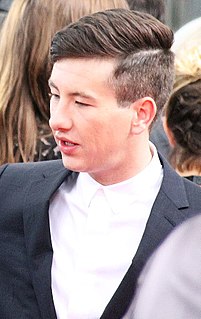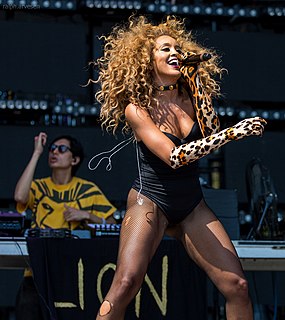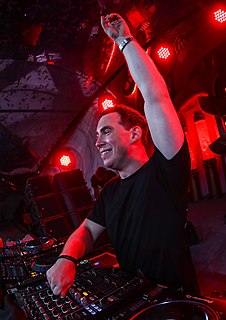A Quote by Chang-Rae Lee
I want the flashbacks to feel that once you're there they have their own unity, their own kind of atmospheric sensibility; I want the reader to be transported. The novel is a big, complicated, unknowable thing before it's written.
Quote Topics
Related Quotes
I feel really strongly about not wanting to overly guide the reader about what he or she should think. I really trust the reader to know for themselves and not to need too much. You have your own imagination, your own experiences, your own feelings, and a novel wants ultimately to ask questions. It doesn't assert anything, or shouldn't, I think.
The book is finished by the reader. A good novel should invite the reader in and let the reader participate in the creative experience and bring their own life experiences to it, interpret with their own individual life experiences. Every reader gets something different from a book and every reader, in a sense, completes it in a different way.
I feel that there is an alternate ending that leaps off too far into fantasy and there is an alternate ending that leaps off too far into pessimism, but that, in fact, the novel as it has developed should, if it's functioning correctly, have equipped you as the reader to make your own decision about where you want to go with that, about where you're going to fall on that continuum. So, the novel is taking you directly up to the point that you have to choose, and it's letting you do that.
I want each poem to be ambiguous enough that its meaning can shift, depending on the reader's own frame of reference, and depending on the reader's mood. That's why negative capability matters; if the poet stops short of fully controlling each poem's meaning, the reader can make the poem his or her own.






































